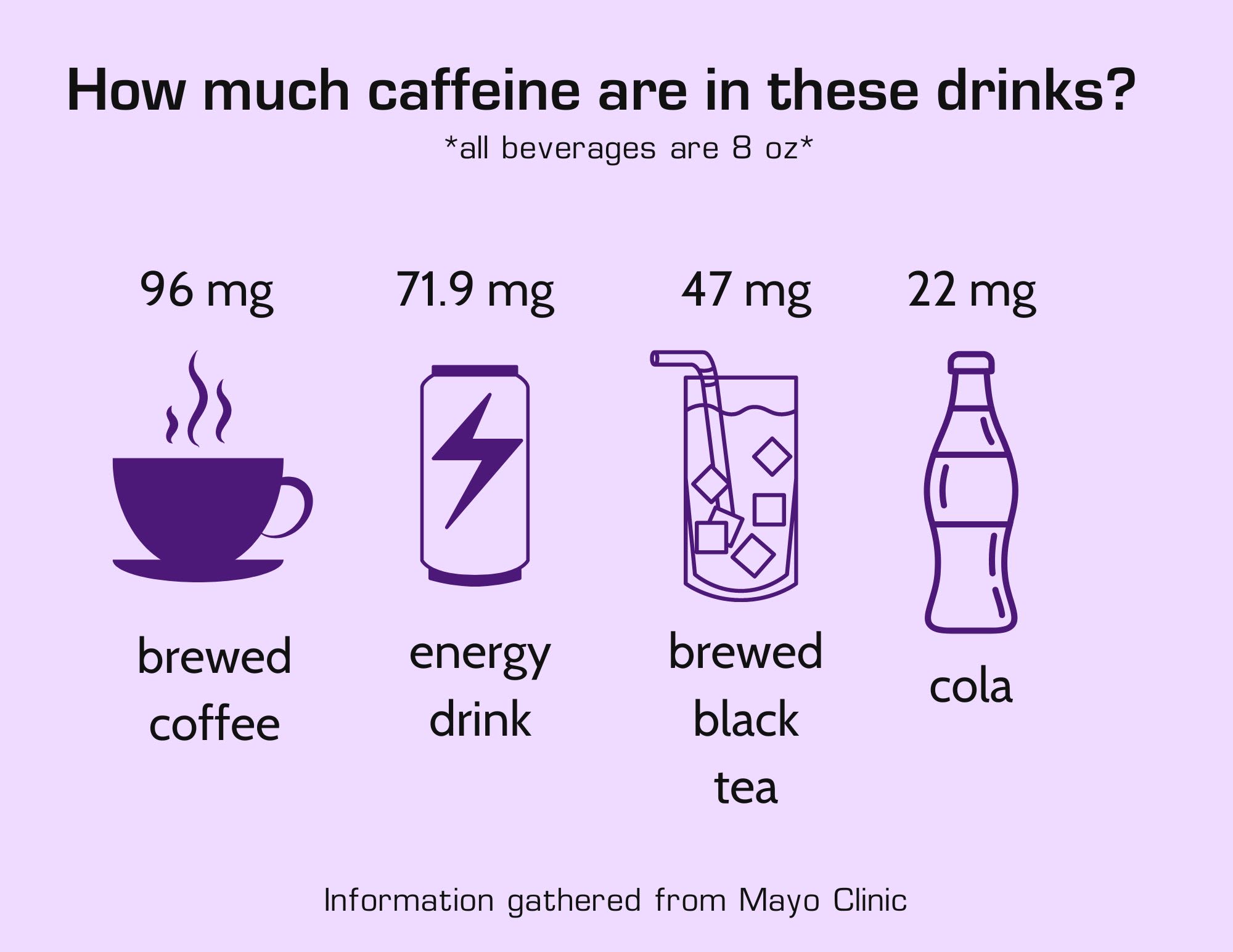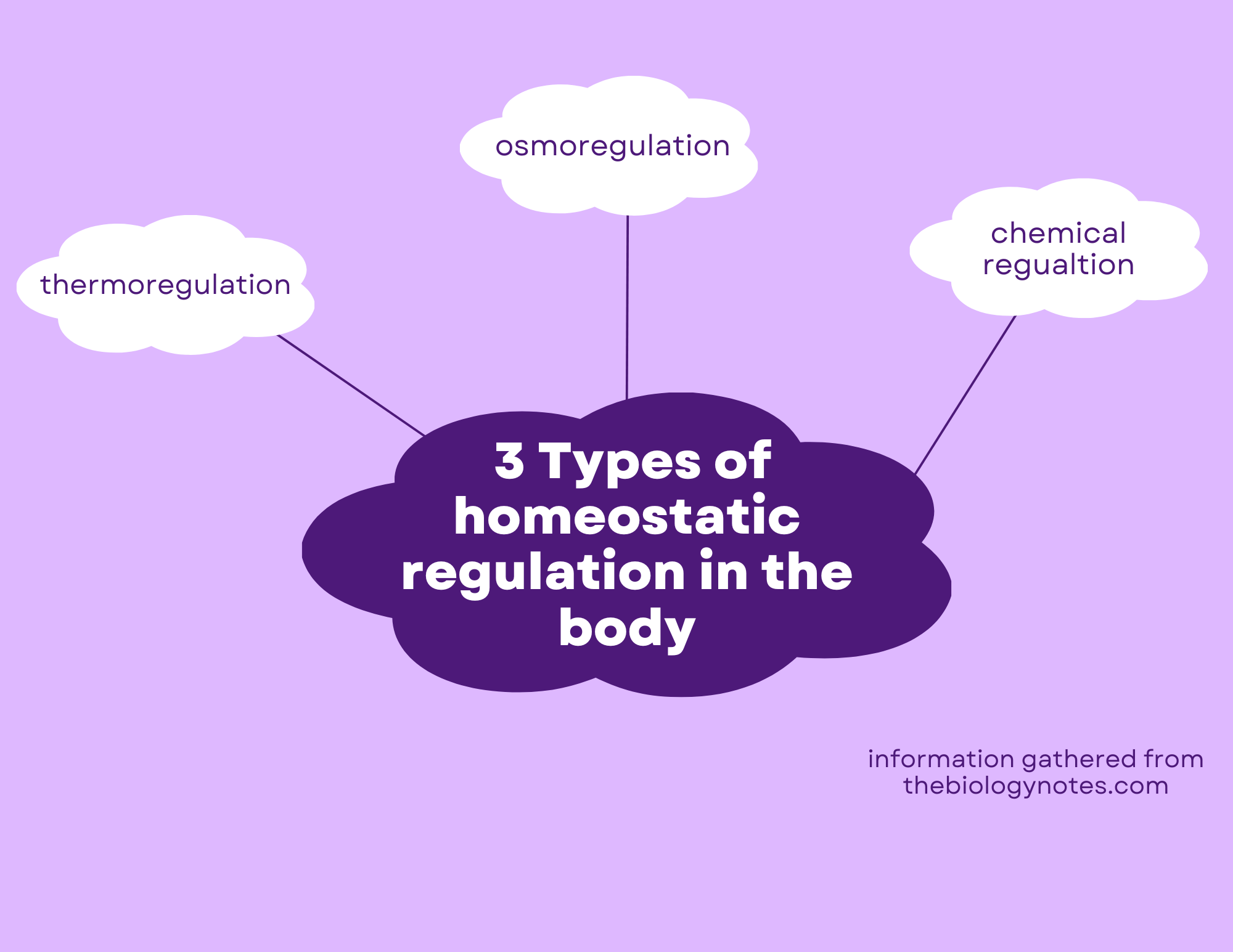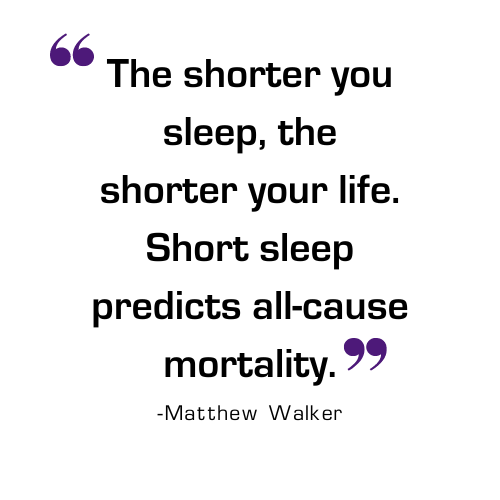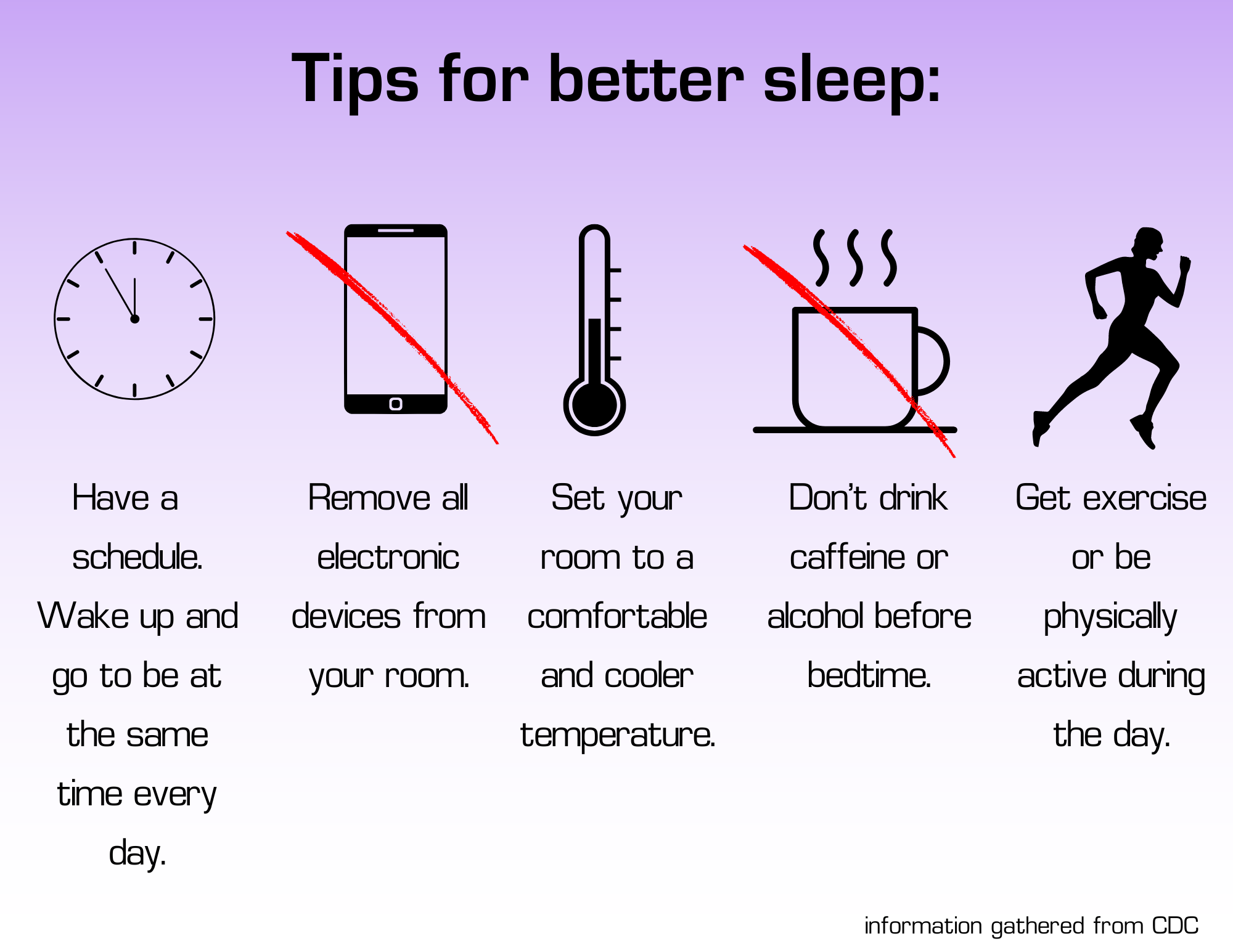Catching z's and not bad habits
A look into the dangerous game of sleep deprivation that many college students play.

Yawn.
Americans are sleepy — it is estimated that one in three American adults do not get enough sleep.
College students are dragging: 50% report daytime sleepiness and 70% don’t get enough sleep, according to researchers writing in the Nature and Science of Sleep.
"Normally I don't get into bed until 11 at night because of my school work. I am tired and less motivated when I get little sleep."
Lack of sleep can lead to poor memory, emotional intensification and a variety of health conditions.
Do our bodies really need sleep?
Sleep is a mundane yet incredibly important part of a human’s routine. To put it simply, our body needs sleep to survive.
When our body doesn’t receive sleep, the systems become out of sync, which causes a giant negative domino effect.


How does our body respond when we need sleep?
Many students use caffeine to try to trick their bodies that they don’t need sleep.
"Caffeine, a central nervous system stimulant, interferes with the neurotransmitter adenosine’s job of shutting down neurons in key regions of your brain that help us awake and alert. It’s the chemical that makes people feel super sleepy," said Dr. Gary Boehm, a TCU psychology professor. "The longer a person goes without fulfilling their body’s need for and desire to sleep, the greater the buildup of the chemical adenosine becomes."
Caffeine can trick people’s brains into thinking they are not tired when their bodies are begging for sleep.
“The lead experts in the field of sleep generally warn against overuse of caffeine, which can be a terrible thing,” said Boehm.
Boehm said most college students are prone to consuming caffeine from a variety of sources, especially energy drinks. He said drinking energy drinks likely adversely impacts the ability and quality of sleep.
The mean half-life of caffeine in those that are healthy is around five hours.
Half of the total amount of caffeine consumed is still present in the body after five hours. It is not until after 10 hours that the caffeine typically completely exits the body. Experts recommend to stop drinking caffeine by 2 p.m. to experience restful sleep.
How does sleep affect our physical health?
But not getting enough sleep means more than just being tired. It can also dramatically harm simple bodily functions including balancing your body temperature, alertness and immune function, and is correlated with increased rates of cardiovascular disease, obesity, Alzheimer's disease, and many other serious health conditions.
“As it turns out, sleep is terribly important for an extraordinarily large number of vital health processes. As Matthew Walker writes, in his life-changing book "Why We Sleep," sleep is the Swiss Army Knife of health,” said Boehm.
Individuals who get less than seven hours of sleep experience objective impairments to their brain and body, Walker said in an interview with NPR.
“You know, when you fight biology, you normally lose,” Walker told NPR. “And when you lose, the way that it’s usually revealed is disease and sickness. And unfortunately, that’s what we see with insufficient sleep.”



How does sleep affect our mind?
Students often stay up late to study or complete assignments, which works against the fact that sleep increases the mind’s ability to retain information.
Walker did a study where he simulated the actions of students pulling an all-nighter and trying to retain information the next day. The control group in this experiment received a full eight hours of sleep. The next morning, the two groups received MRI scans while attempting to memorize new information.
The brain scans showed learning-related activity present for those with a full eight hours of sleep opposed to the sleep-deprived group who had no activity. Those who lacked sleep also had trouble learning and focusing the following day.
Sleep also affects how people handle their emotions.
Walker said in a TED talk that a lack of sleep can make people be irrational and hyper-reactive.
Those who received less sleep, had hyperactivity in the amygdala, the part of the brain that influences response to stress.
The reason for the hyperactivity was linked to the connection between the prefrontal cortex and the amygdala. Since the prefrontal cortex controls the amygdala, the regulation is key. Little sleep prohibits proper regulation to take place, which leads to emotional intensification.
With proper sleep, the amygdala can regulate emotions.
"Perhaps it's not time that heals all wounds, it's time during sleep that provides that form of emotional convalescence," Walker said.
